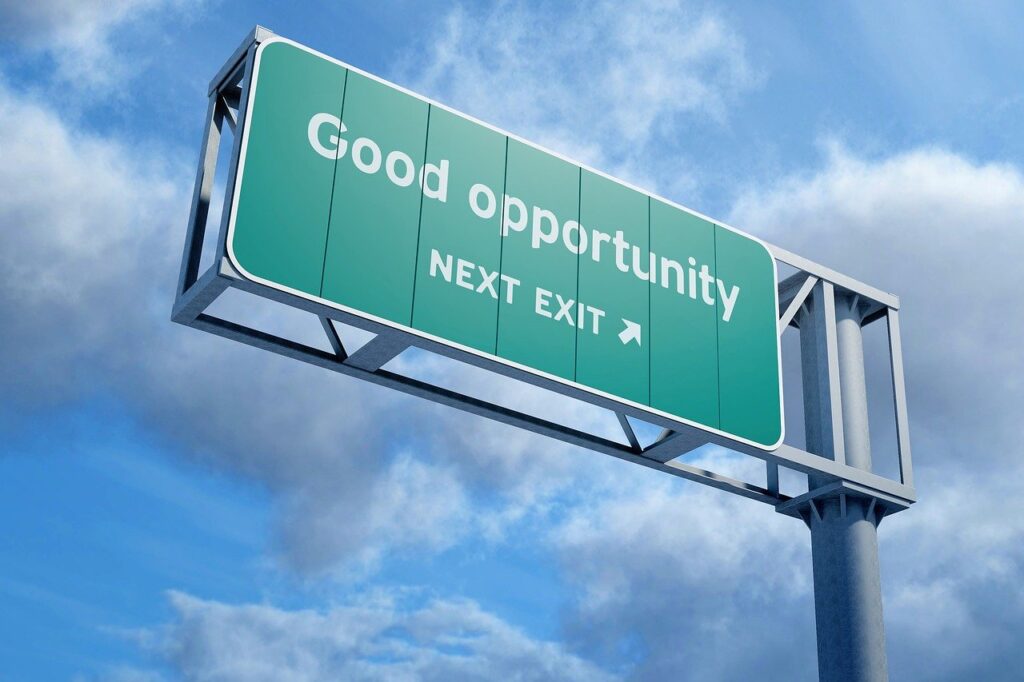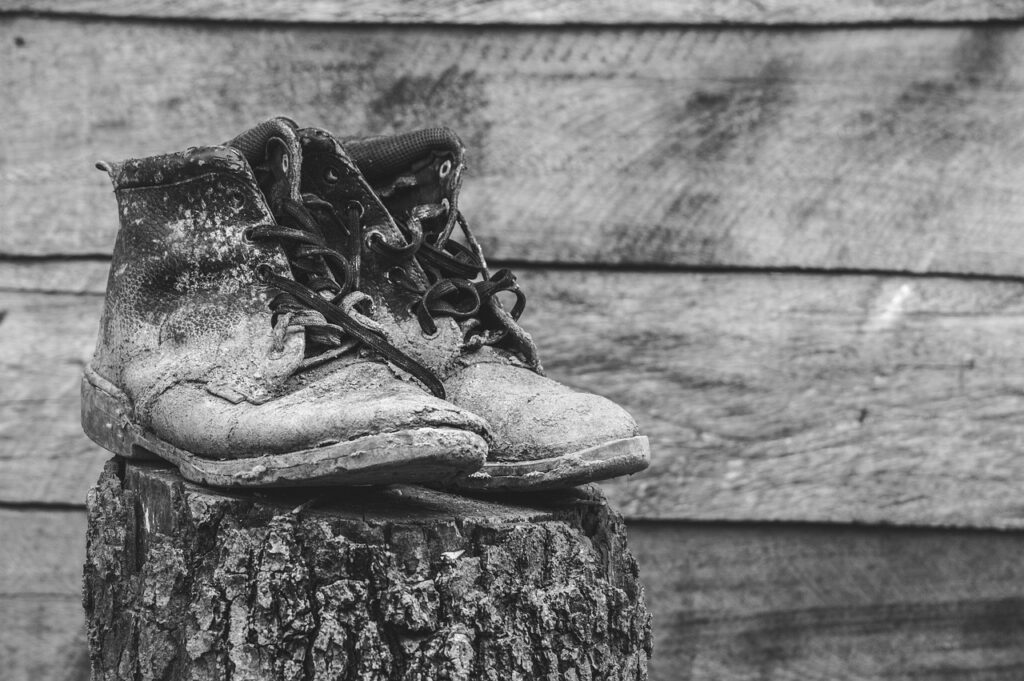If you know me, you know I’m not rich (at least, I’m not as I write this). I grew up with zero money — my family depended on welfare. We were one of the families the church would gift a turkey for Christmas. There was never money for any extras. If I wanted to do something, there was no option other than to work for it in some way. I started working as soon as I could to pay for my own school supplies and fees. I earned scholarships to go to college and simultaneously did two work study jobs as I got through my double music major.

Things are better now. I’ve been able to generate income with my writing. My husband has only been out of work eight months out of the nearly 20 years we’ve been married. Yet, costs of living are still pinching. Different events have drained our savings multiple times. So, we still budget carefully, tracking all purchases. There hasn’t been much left over to invest.
When the wallet’s empty, the wallet’s empty
As I’ve tried to develop my career, the one piece of advice I hear over and over again is to shell out some cash. Hire out to create opportunity for yourself.
I agree with the idea that you have to be willing to financially support your own growth and development. That’s why you’re able to read this right now — I’ve saved and spent the money to be able to be my own publisher. But my experience has burned into my brain that math is math. When someone doesn’t have $2,000 to build a website from scratch or even to have someone produce a book cover, they don’t have it.
Yes, there are grants, and options like Kickstarter. But those are not always guaranteed. Even when they are, they often take time to get moving. And many poor people are so caught in daily responsibilities that it is hard to overcome the initial hurdles of setup. I’ve pulled 90-hour weeks and I still can’t afford a PA or the $10,000 I was quoted for a good marketing package. Often, it’s the initial cost of a good or service that keeps a person from moving forward.

Poor people are poor in part because they can’t initially afford to buy the better, more durable versions of goods. They pay more overall to repeatedly replace cheaper, lower-quality options.
Sometimes, a little is all a person needs
So, it all has me questioning:
How much is necessary for people to seize opportunity?
$50? $5,000? $500,000?
It varies, of course, depending on what the opportunity is and where the person wants to go. But I have seen how sometimes just a small sum can prevent a disaster snowball. As I wrote in this post, we can do better at being proactive with our charity:
As a professional, I’ve spent years writing for all kinds of executives. So, I’ve seen how having relatively small barriers removed can propel someone into wonderful success. Take Steve Harvey’s story about getting to the Apollo, where he talks about needing to get to New York starting out with only $35:
In Harvey’s story, the barrier to entry is only a few hundred dollars. By a few strokes of luck, he’s able to scrounge it up. But for every Harvey, there are hundreds of other people who, despite fighting to push forward, can’t make it work.
The myth of abuse and wastefulness
Many times, people resist offering this type of assistance to others. They are wary that the recipients will be irresponsible and misuse the funds. And it’s true that there are those who will play the system and cheat. But my belief based on social program research is that most people who are given assistance don’t waste it. They really do use it for basics like childcare. This holds true even with Universal Basic Income, where researchers showed that help actually increases full-time employment levels because people are able to take the time to look for better work instead of hustling in multiple part-time gigs.
So, if people generally don’t take help for granted and the widespread waste and abuse of assistance is a myth, shouldn’t we ask ourselves how many people are just a few hundred dollars from a changed life? Don’t we have a moral and social responsibility to allow them to have it so they can find purpose and make the world a little better?
A massive motivation
To be clear, I’ll point out that, like Harvey, plenty of people don’t expect a free ride. They’ll work. They’ll pay forward in some way. I’ve certainly tried to do that in my own life.
When you know what’s on the rough side of the opportunity hurdle, you don’t want other people to stay there. Knowing what struggle feels like motivates you not to be selfish. It pushes you to keep other people from it, even as you have to retrain all of the instincts and scarcity mindset thinking traps that would have you look out for yourself first and keep the little you gain.
Now, do your part
If people are willing to work and pay it forward to get access to an opportunity, especially as writer, musician, and creative person, I ask that you look deeply. Look for the people who have $99 and need $100. Look for the people who are in circumstances that hold back their raw talent and give them room to breathe. Because the first thing they’ll say when they get enough air back in their lungs is thank you.
